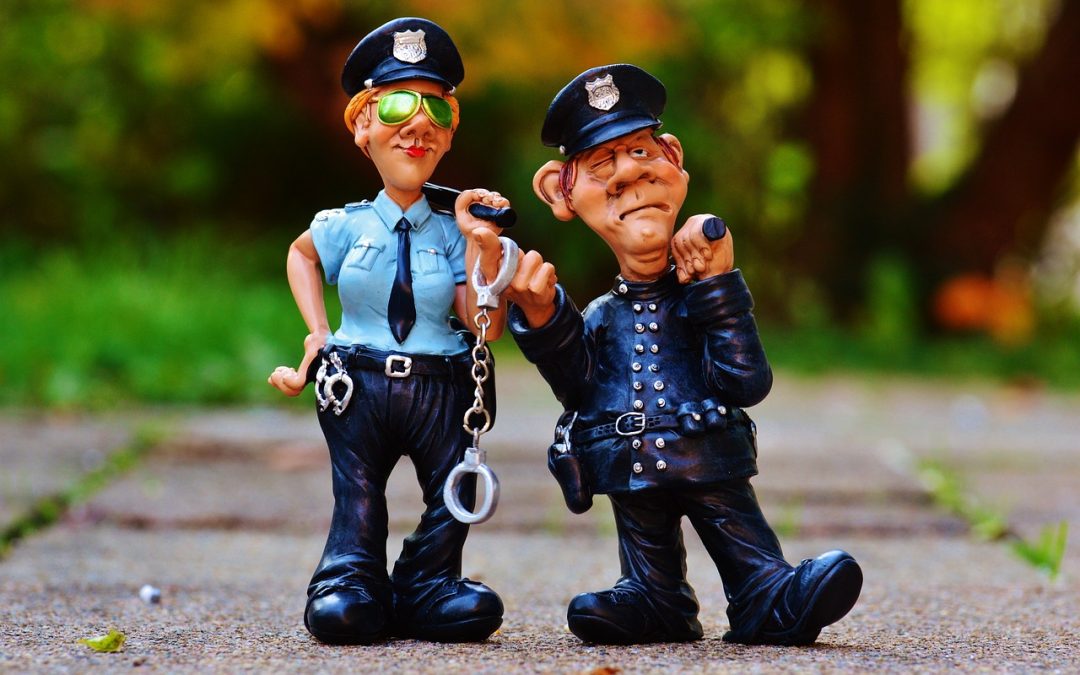As the public’s relationship with law enforcement continues to unfold, one question remains pressing: what are your rights when it comes to recording police in public?
Understanding Your Rights
The short answer is that, in the United States, you have the right to record police in public as long as you’re not interfering with their duties. This stems from the First Amendment, which protects freedom of speech and the press. The courts have consistently ruled that recording police is a form of free speech and a form of holding law enforcement accountable.
The Nuances of Recording Police
While you have the right to record, it’s crucial to do so in a way that prioritizes safety and de-escalation. Here are some practical tips to keep in mind:
- Be aware of your surroundings and maintain a safe distance from the police.
- Avoid physically interfering with the police or blocking their path.
- Do not attempt to conceal your recording; instead, be open and transparent about what you’re doing.
- If an officer asks you to stop recording, politely inform them that you’re exercising your First Amendment right.
- Remember that police officers have the right to ask for your identification, but you’re not legally obligated to provide it unless you’re being detained or arrested.
Balancing Rights with Safety
It’s essential to recognize that, while asserting your rights is crucial, it’s equally important to prioritize safety and de-escalation. As the American Civil Liberties Union (ACLU) notes:
“When taking photographs or videos, try to capture the entire scene, including what led up to the incident and what happened afterwards. But be careful not to get too close or get in the way of the police officers’ activities.”
In conclusion, recording police in public is a fundamental right that can help promote accountability and transparency. However, it’s essential to exercise this right in a way that prioritizes safety and de-escalation. Remember to stay informed about local laws and regulations, and always prioritize your safety above all else. By doing so, we can work towards a more equitable and just society.
The information at Observed.Org may not pertain to every jurisdiction. It is YOUR responsibility to know your rights and observe them. Nothing here should be considered legal advice.

